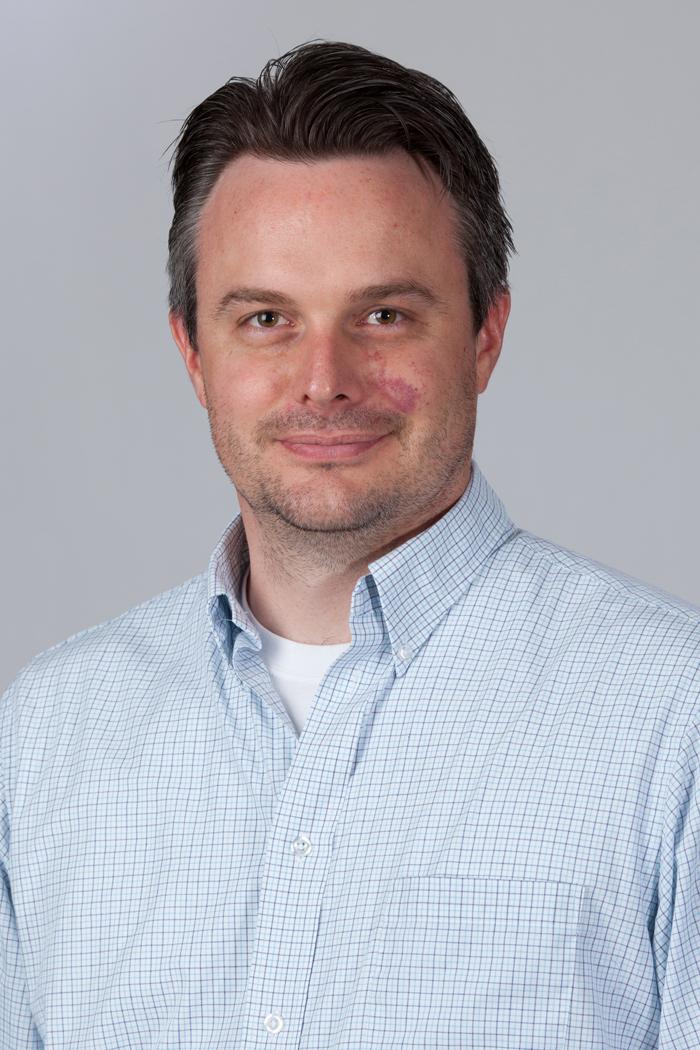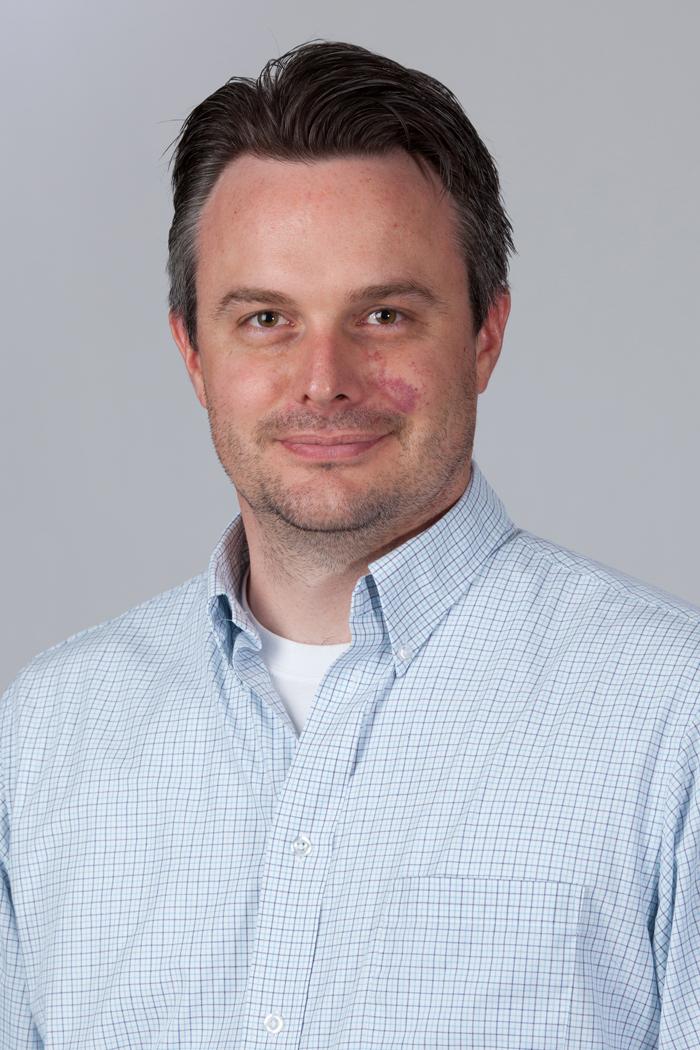
Credit: The Scripps Research Institute
JUPITER, FL – June 15, 2017 – Professor Matthew Disney of the Department of Chemistry on the Florida campus of The Scripps Research Institute (TSRI), together with scientists from Mayo Clinic's Florida campus and Johns Hopkins School of Medicine, has been awarded $7.2 million from the National Institute of Neurological Disorders and Stroke of The National Institutes of Health to create new RNA-based treatments for the most common form of amyotrophic lateral sclerosis (ALS), as well as a type of frontotemporal dementia (FTD).
Disney is the principal investigator on the five-year project, along with Leonard Petrucelli, chair of neuroscience at Mayo Clinic's Florida campus, and Jeffrey D. Rothstein of Johns Hopkins School of Medicine.
While the scientists will initially focus on small-molecule drug candidates for ALS and FTD, the grant establishes the RNA Therapeutics Center at TSRI for the continued study of RNA-based therapies for a number of untreatable diseases.
"Our work has changed the view of what is considered a druggable target, and this grant is a clear recognition of that accomplishment," Disney said. "The funding will allow us to more rigorously assess if a small molecule drug can be developed to target the RNA that causes the most common inherited form of ALS and FTD. The question we can now try and answer is if these studies can help to advance the science to bring a drug to ALS patients."
ALS is usually fatal two to five years after diagnosis. There is no effective treatment for FTD, a neurodegenerative disease that destroys neurons in the frontal lobes of the brain. This study will focus on a lead compound that interferes with the synthesis of an abnormal protein–known as a repeat RNA expansion–that plays a key role in the development of both diseases.
Disney has been a pioneer in the development of potential treatments for a number of diseases caused by defects in RNA, which affect millions worldwide. His success in identifying drug-like small molecules that bind to RNA is the result of his lab's broad, bottom-up, computational approach known as Inforna, which can deep mine information against such genome sequences and cellular RNAs.
"RNA plays critical roles and causes many incurable diseases, and even more common diseases that have limited treatment options, such as cancers. The work of the new center will be to study and develop insights into developing treatments that target RNAs broadly, which were not thought to be targetable before," Disney said. "Our work will apply to any disease."
The initial research is a particularly good test case for RNA-based treatments, said Disney.
"The new grant supports the idea that RNA is a legitimate target to treat disease," Rothstein added. "We believe that this approach–to truly treat the starting point of ALS–can lead to effective and impactful therapies."
"We want to further evaluate bioactive small molecules targeting the repeat expansion in preclinical models of ALS," Petrucelli noted.
###
The number of the grant is 1P01NS099114-01.
About The Scripps Research Institute
The Scripps Research Institute (TSRI) is one of the world's largest independent, not-for-profit organizations focusing on research in the biomedical sciences. TSRI is internationally recognized for its contributions to science and health, including its role in laying the foundation for new treatments for cancer, rheumatoid arthritis, hemophilia, and other diseases. An institution that evolved from the Scripps Metabolic Clinic founded by philanthropist Ellen Browning Scripps in 1924, the institute now employs more than 2,500 people on its campuses in La Jolla, CA, and Jupiter, FL, where its renowned scientists–including two Nobel laureates and 20 members of the National Academies of Science, Engineering or Medicine–work toward their next discoveries. The institute's graduate program, which awards PhD degrees in biology and chemistry, ranks among the top ten of its kind in the nation. In October 2016, TSRI announced a strategic affiliation with the California Institute for Biomedical Research (Calibr), representing a renewed commitment to the discovery and development of new medicines to address unmet medical needs. For more information, see http://www.scripps.edu.
Media Contact
Eric Sauter
[email protected]
267-337-3859
@scrippsresearch
http://www.scripps.edu
############
Story Source: Materials provided by Scienmag





